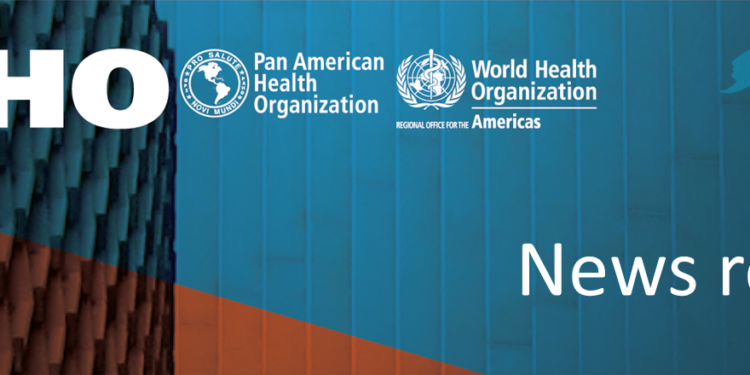| Washington D.C., 29 June 2022 (PAHO) – As COVID-19 cases continue to rise in the Americas, with new infections increasing by 13.9% from last week, Pan American Health Organization (PAHO) Director, Carissa F. Etienne has called for countries to prepare their health systems to address the long-term impact of post-COVID condition (commonly known as long COVID), which may impact many in the region. Estimates suggest that 10-20% of people who have had COVID-19 may go on to experience symptoms, including persistent and severe fatigue, shortness of breath and mental health issues. And with the Americas reporting over 161 million COVID-19 cases over the past two years, hundreds of thousands of people in the region, if not millions, could potentially be affected. “The pandemic has surprised us time and time again, and many of its effects will linger for years to come,” the Director said during a media briefing today. The Director highlighted that those with pre-existing conditions are particularly at risk of post-COVID condition, as are those that smoke and vape, and those who have not been vaccinated. “The best way to avoid post-COVID condition is by not getting COVID,” she said. Masking and social distancing are still key tools, particularly in areas of high transmission, and vaccines also have a vital role to play in avoiding the worst consequences of the pandemic. Studies show that those who contract COVID-19 after vaccination have milder symptoms and are less likely to develop post-COVID condition. “But 224 million people have not yet received a single shot of vaccine in our region,” the Director said. “We need to pick up the pace of vaccination to shield populations from the worst consequences of this virus.” The Director also called for increased support for patients with post-COVID condition and for health systems to “acknowledge this long-lasting effect of the pandemic and help address it.” To support countries, the World Health Organization (WHO) has identified three “Rs” to help guide actions: Recognition – Given the wide variety of post-COVID symptoms and the stigma around the condition, countries must ensure that healthcare workers have enough training to recognize symptoms. Rehabilitation – Managing post-COVID condition requires a multi-disciplinary approach, with physical therapists, occupational and speech therapists, mental health professionals, nurses and doctors working together in a holistic manner. Research – We still do not know enough about post-COVID condition. We need scientists and research institutions to commit to closely following those with symptoms so we can learn more about this condition. “This is a real condition, and it must be dealt with applying robust policies and guidance,” Dr. Etienne said. “It is also crucial that we recognize the impact that post-COVID condition has on people’s lives and work alongside those affected to ensure that their voices are heard.” Turning to the COVID-19 situation in the region, cases continue to increase in all four subregions, with countries reporting over 1.3 million new infections and 4158 deaths. In North America, cases have increased by 7.7% overall, with cases increasing in the USA and Mexico, while falling in Canada. South America reported a significant jump in new cases, with almost half a million new COVID-19 infections reported over the last week – a 24.6% increase. In the Caribbean, cases have begun to plateau over the past two weeks, with countries reporting a 3.2% increase over the past week. “These numbers serve as a stark reminder that too many people are still vulnerable,” Dr. Etienne said. “Let us embrace the means we have today to prevent the worst consequences of COVID and help us turn the page on this pandemic.” |









